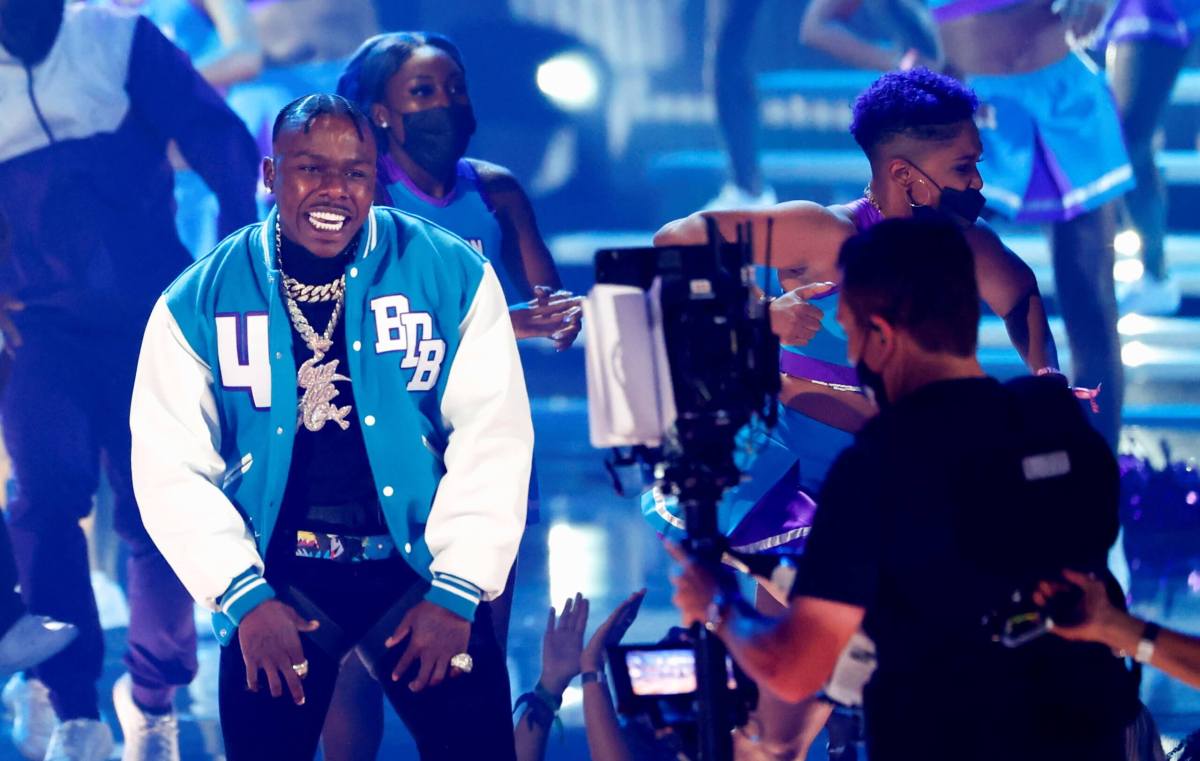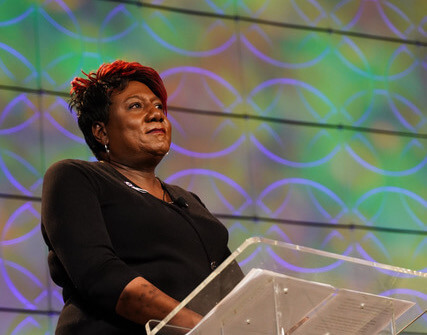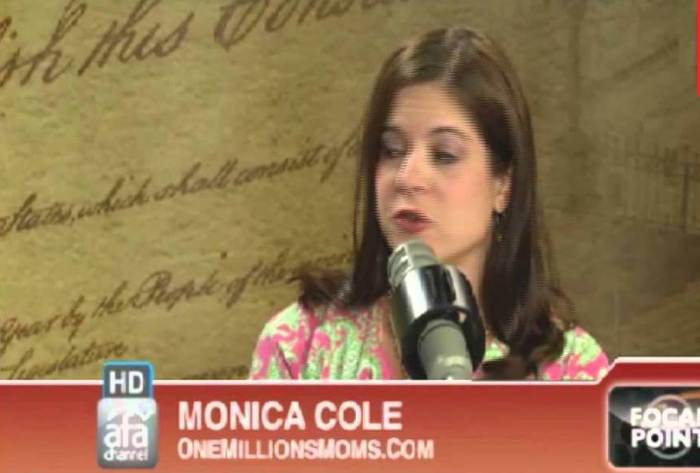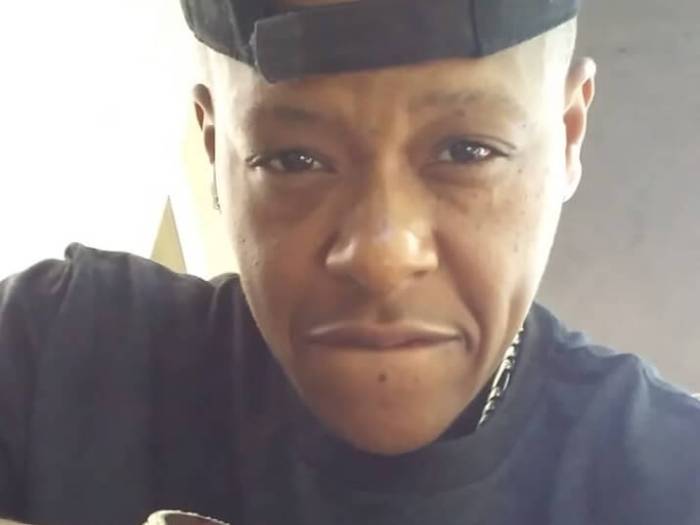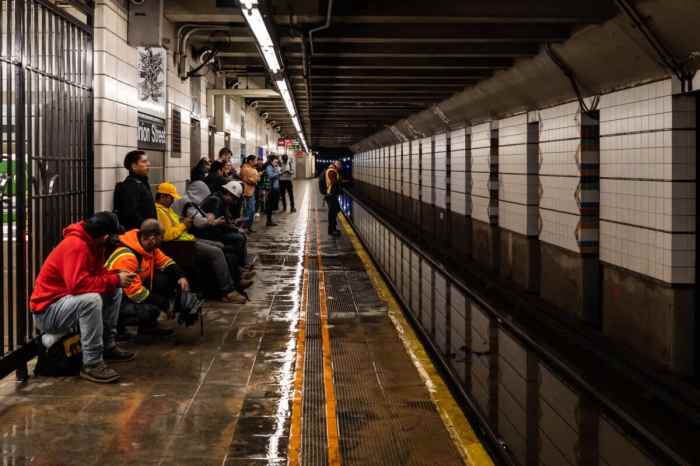The rapper DaBaby is looking to redeem himself after making headlines for a homophobic hate-filled rant about HIV/AIDS last month.
In a virtual discussion on August 25, nine HIV/AIDS organizations provided the hip-hop artist with education about HIV treatment and prevention as well as the harmful effects of HIV/AIDS stigma. Three weeks prior to the meeting, GLAAD and HIV/AIDS organizations issued an open letter to the rapper inviting him to discuss the discriminatory statements he made about people living with HIV while on stage at the Rolling Loud Festival in Miami in July. DaBaby falsely stated at the festival that HIV/AIDs and other “deadly sexually transmitted diseases” can “make you die in two to three weeks.” He then went on to attack gay men in particular, saying, “Fellas, if you ain’t sucking d*** in the parking lot, put your cellphone lighter up.”
The meeting was led by the Black AIDS Institute, the Southern AIDS Coalition, the Positive Women’s Network-USA, and other HIV/AIDS organizations serving communities of color. In a joint statement on August 31, the groups said the rapper apologized and was eager to learn from his mistakes.
“The open letter to DaBaby was our way to extend him the same grace each of us would hope for. Our goal was to ‘call him in instead of calling him out,'” the organizations wrote in a statement. “We believed that if he connected with Black leaders living with HIV that a space for community building and healing could be created. We are encouraged he swiftly answered our call and joined us in a meaningful dialogue and a thoughtful, educational meeting.”
The group added, “During our meeting, DaBaby was genuinely engaged, apologized for the inaccurate and hurtful comments he made about people living with HIV, and received our personal stories and the truth about HIV and its impact on Black and LGBTQ communities with deep respect. We appreciate that he openly and eagerly participated in this forum of Black people living with HIV, which provided him an opportunity to learn and to receive accurate information.”
Marnina Miller, a community outreach coordinator with the Southern AIDS Coalition, hopes having these conversations can change the public’s perceptions about people living with HIV.
“DaBaby’s willingness to listen, learn, and grow can open the door to an entirely new generation of people to do the same,” Miller said in a written statement.
She added, “Ending HIV stigma requires doing the hard work of changing hearts and minds, and often that begins with something as simple as starting a dialogue. We hope DaBaby will use his platform to educate his fans and help end the epidemic.”
Recent findings from a GLAAD study on HIV stigma revealed that the lack of education about HIV/AIDS fuels stigma. The report indicated that 48 percent of all Americans feel “knowledgeable about HIV,” which is a decrease of three percentage points from last year’s report. Experts pointed out that low levels of HIV education coincide with elevated rates of HIV-related stigma.
DaShawn Usher, the associate director of GLAAD’s Communities of Color program, said providing education on HIV/AIDS can make people more aware of the issues facing people living with HIV. As the HIV/AIDS crisis continues to disproportionately hit communities of color, Usher noted conversations like this are an essential tool in countering misinformation about the virus.
“For the second year in a row, we are finding that HIV stigma remains high while HIV knowledge remains low amongst Americans,” Usher said in a written statement. “We have to think critically and intentionally about how we truly equip and engage everyday Americans with the facts, resources, and scientific advancements about HIV if we want to end the epidemic.”
He added, “We must hold the media accountable to the 1.2 million Americans living with HIV who are not seen, represented, or discussed. Their stories matter and are beyond worthy of being told.”
To sign up for the Gay City News email newsletter, visit gaycitynews.com/newsletter.

